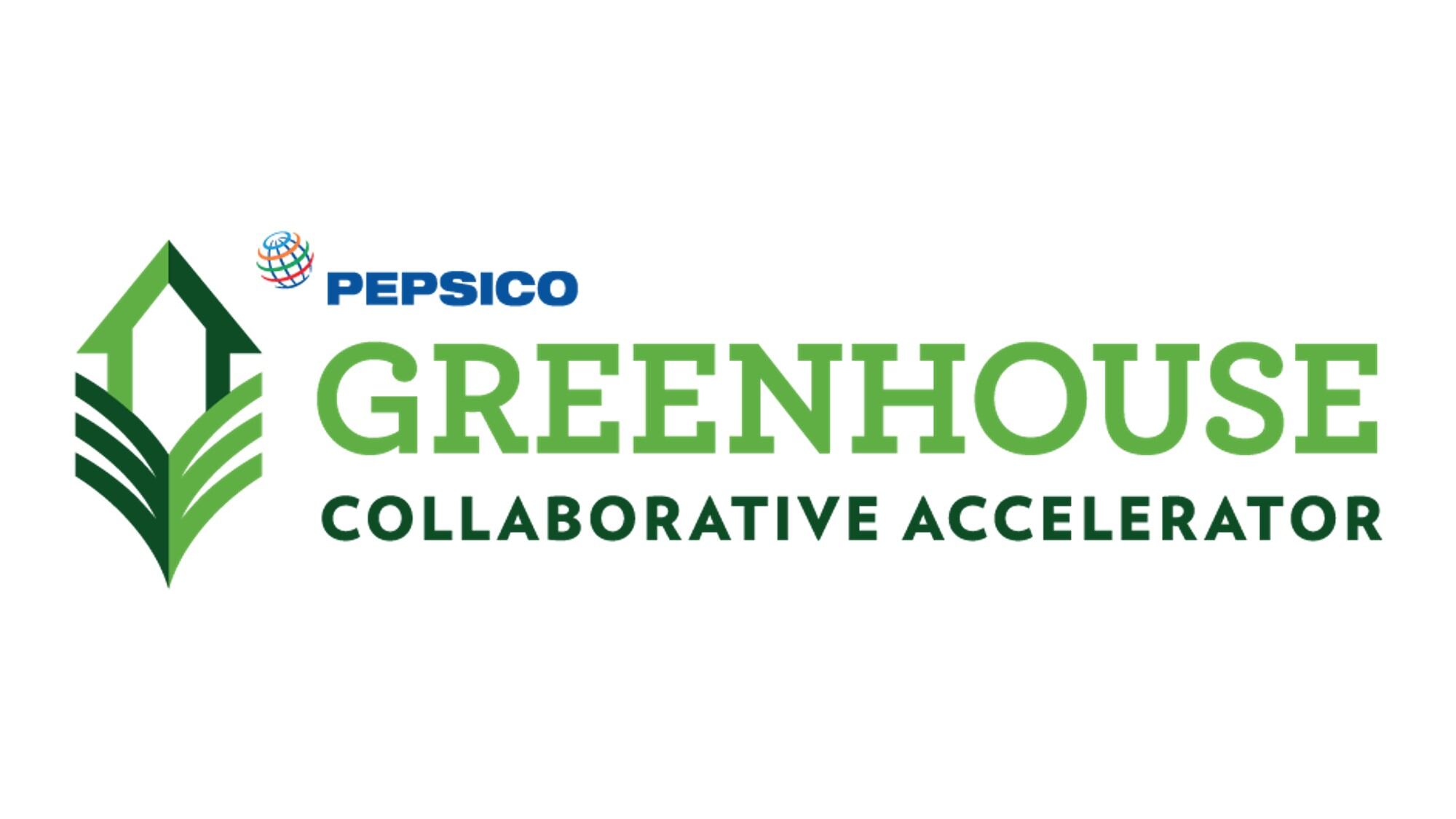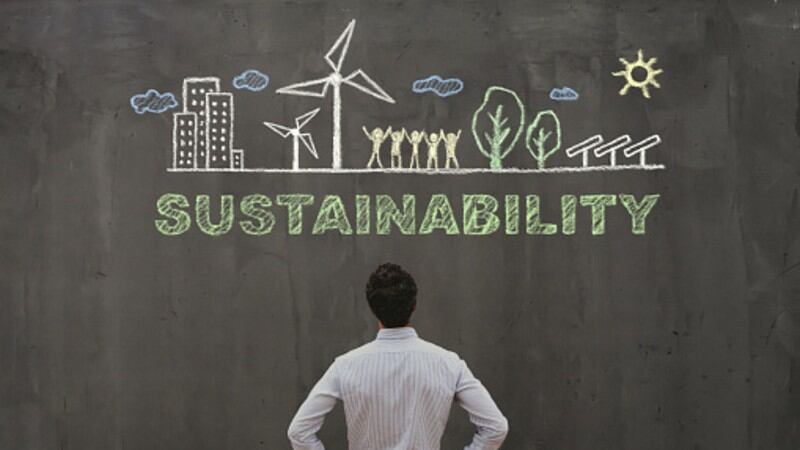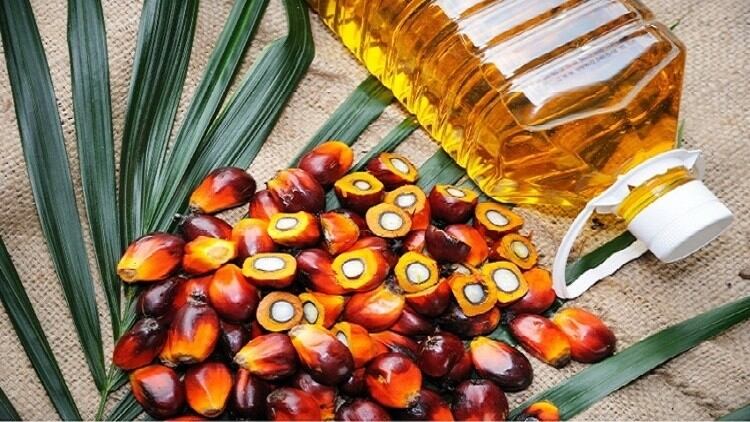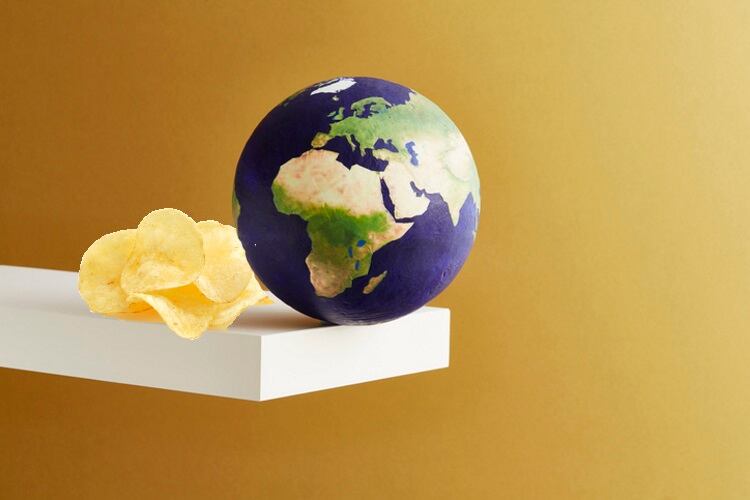The firm’s Greenhouse programme is not new from a global context, first launched in Europe in 2017, then to the United States, the Middle East and North Africa (MENA), as well as Europe and Sub-Saharan Africa (ESSA) – making it now in its seventh year, when it has finally made its way to the APAC region.
Over the course of several months since March this year, PepsiCo has identified 10 finallists within this accelerator, each of which are set to receive US$20,000 in funding and are now about to embark on a four-month business optimization programme.
“Throughout this programme, these start-ups will have access to personalised mentorship from experts across PepsiCo functions,” PepsiCo APAC Chief Sustainability Officer Ashley Brown told FoodNavigator-Asia.
“They will also benefit from invaluable resources in brand optimisation, product development, supply chain management, customer acquisition, and distribution support – [not to mention] one exceptional company will be recognised with an additional US$100,000 in funding.
“[This will] present the opportunity for a long-term partnership with PepsiCo to drive sustained growth, [and PepsiCo is keen to] work with innovative start-ups that have the potential to make a real difference in the region, [align] with our vision and join us in making our food systems more sustainable.”
PepsiCo’s overall guiding sustainability strategy pep+ (PepsiCo Positive) was launched in September 2021, and the Greenhouse Accelerator has been identified as a key source of innovative solutions to drive the firm’s overall production and operations towards achieving the objectives laid out in this strategy.
“The Greenhouse Accelerator programme aims to unlock innovative solutions that can positively impact our value chain for long-term success [in alignment with] our pep+ mission,” Brown added.
“This programme is a tremendous source of ideation, talent development, and agility [and allows] us to collaborate with like-minded, mission-driven entrepreneurs as they scale innovative ideas to reduce environmental impact and promote a more resilient future.
“[In other regions], it has already accelerated breakthrough products and technologies for sustainable agriculture, food security, and waste management – such as in the MENA region where the winner, UAE-based startup Nadeera, introduced 'Yalla Return', a pioneering 'Trash for Cash' system rewarding customers with cash for recyclables, revolutionising waste management solutions.”
The 10 start-up finallists for the APAC region are: China’s RemakeHub, Singapore’s Muuse, Thailand’s Green2Get, Vietnam’s HRK Group, and New Zealand’s Turn Systems Corporation within the Packaging industry; and China’s Powered Carbon and Enwise, Singapore’s MEDS Venture Global, New Zealand’s Aspiring Materials and Australia’s Adiona within the Climate industry.
The final winner will be announced in October 2023 in Singapore.
Business-wide solutions
In addition to the accelerator, PepsiCo has also highlighted other initiatives it is working on to improve value chain sustainability.
“We have done a deep dive into how climate change will impact our business now and in the future, and based on our findings, we’re now implementing actions across our supply chain to protect against those risks,” she added.
“This includes the planting of heat-resistant crop varieties and advancing regenerative agriculture practices in parts of our supply chain expected to be hit by higher temperatures; [as well as working towards] switching to 100% renewable electricity globally by 2040.
“We have also implemented new goals to guide tangible operational action towards our Net Water Positive ambition to reduce absolute water use, and replenish back into the local watershed more than 100% of the water used at company-owned and third-party sites in high-water-risk areas.”





